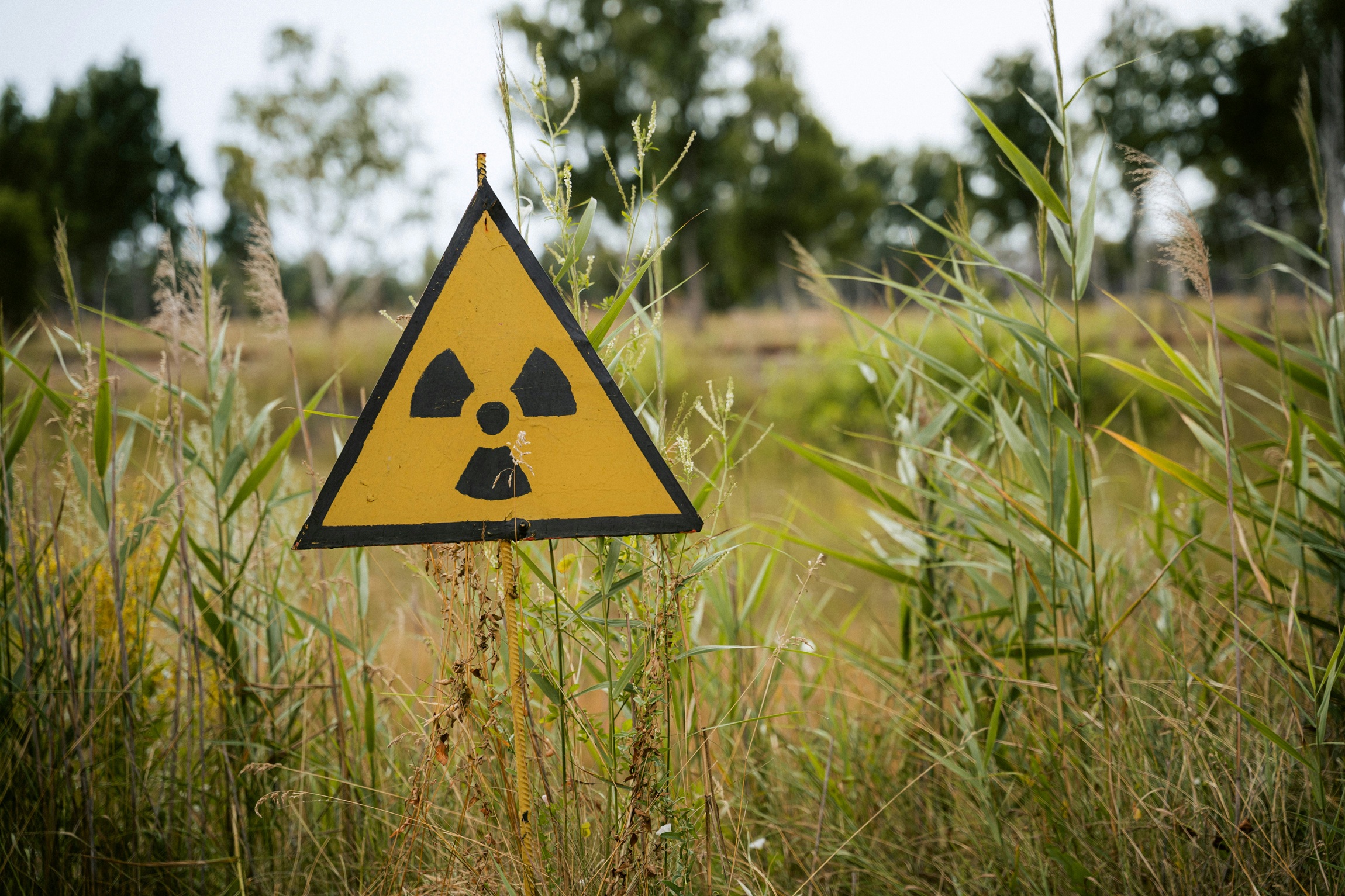 High-stakes Tetris can't save the future of energy...
High-stakes Tetris can't save the future of energy...
It all began with a warning from OpenAI co-founder Sam Altman. In May 2023, he told a small group of executives at Microsoft's (MSFT) headquarters that they weren't ready for the next wave of AI.
Altman said the tech would demand electricity on an unprecedented scale. It would be like powering a small city in some cases.
Most attendees were left dumbfounded. But Joe Dominguez, CEO of Constellation Energy (CEG), was champing at the bit...
Dominguez went back to his Baltimore headquarters with a singular focus. Clean, around-the-clock power – the kind needed to run massive AI data centers – was nearly impossible to come by at a decent scale.
Tech companies wanted cleaner energy than coal or oil. But solar and wind weren't reliable enough. And it would take years to build new infrastructure.
That left only one option...
 Dominguez knew he had to revive what was already built...
Dominguez knew he had to revive what was already built...
So he set his sights on Three Mile Island.
The nuclear plant was synonymous with America's most infamous nuclear scare... a partial meltdown in 1979 that cast a shadow over nuclear energy for decades. The last time it generated any power was in 2019.
But one reactor, Unit 1, remained undamaged. And its location near Microsoft's data-center buildouts made it especially attractive.
Dominguez and his team gave the idea the code name "Tetris." Like the popular video game from the '80s, restarting Three Mile Island meant fitting together dozens of disjointed pieces.
They needed regulatory approvals... community buy-in... equipment... and staff to keep things running.
Despite all the hoops, Microsoft saw the potential in Dominguez's idea. In September 2024, it inked a 20-year agreement to purchase all the power from the revived reactor through Constellation.
And in a shocking move, the software giant agreed to pay more than twice the market rate for Three Mile Island's power.
Microsoft is one of the savviest, most cost-optimized companies in the world. By paying such an extreme premium for power, it sent a clear message to the market...
 We're looking at a severe supply-demand imbalance...
We're looking at a severe supply-demand imbalance...
Microsoft was in the right place at the right time. Only a handful of nuclear plants can be brought back on line. This project sidestepped the decadelong delays of building from scratch.
And even Three Mile Island won't produce a single watt until 2027.
Most companies can't afford to wait that long. And they can't afford to pay a premium like Microsoft.
That makes energy the single biggest bottleneck of the AI revolution. With the stigma around "dirty" power... unreliability of green-energy sources... and time constraints on nuclear... we're left with only one option.
I'm talking about natural gas.
 Natural gas is the most viable option for our immediate energy needs...
Natural gas is the most viable option for our immediate energy needs...
It's the only energy source that's clean enough to use for now... that can handle 24/7 industry demand... and that can be built fast enough to fulfill our needs. Behind the scenes, it has quietly cemented itself as the backbone of the AI industry.
Across Virginia, the Carolinas, and Georgia, two-thirds of planned new natural gas capacity over the next 15 years is expected to power data centers.
But that doesn't mean the path to natural gas adoption has been an easy one. Energy companies are wrapped up in red tape. And one little-known independent agency has been gatekeeping power projects for years.
Tomorrow, we'll dive deeper into the challenges facing AI energy adoption – and a historic change that's coming in a matter of months.
We're approaching a pivotal point in the modern U.S. energy story. Don't let it pass you by.
Regards,
Joel Litman
and Rob Spivey
July 24, 2025
Editor's note: According to Rob and Joel, today's AI bottleneck is putting half of all U.S. stocks at risk. They say 65 million Americans are in the crosshairs.
And it's all coming to a head... much sooner than most folks realize...
On September 30, a groundbreaking emergency order goes into effect – issued straight from the White House. It will ignite a brand-new historic wave of AI gains in U.S. stocks.
But it could also spell disaster for anyone caught unprepared.
Rob and Joel have been tracking this story for months. Billionaires like Elon Musk, Jeff Bezos, and Bill Gates are getting in position. It's up to you to put yourself on the winning side. Get the full story here.



 High-stakes Tetris can't save the future of energy...
High-stakes Tetris can't save the future of energy...

